Frequently asked questions
Company News
- Fluorocarbon aluminum veneer: the fashionable "coat" of modern architecture
- Aluminum veneer: the architectural wisdom behind lightness
- Aluminum veneer: The beauty of architecture lies within this single piece of aluminum material
- Fluorocarbon aluminum veneer, the new darling of modern architecture
- Fluorocarbon aluminum veneer: the fashionable new darling of the aluminum industry
Industry dynamics
- Aluminum alloy air conditioning cover: a perfect combination of fashion and practicality
- How to choose suitable curved ceiling aluminum veneer material
- Fluorocarbon aluminum veneer: the new favorite of light luxury in architectural aesthetics
- An essential 1.5mm thick engineering aluminum veneer for indoor and outdoor building decoration
- Fluorocarbon aluminum veneer: a perfect combination of architectural aesthetics and environmental protection
Frequently asked questions
- How to improve the environmental performance of aluminum veneer?
- What are the manufacturers of aluminum veneer and how to choose?
- What are the thickness and specifications of aluminum veneer?
- What is the price of aluminum veneer?
- What is the wind pressure resistance performance of aluminum veneer?
contact us
Mobile:+86 15627778610
Email: 2201229786
Address: No. 5 Binjiang Road, High tech Zone, Zhaoqing City, Guangdong Province
What is the environmental performance of aluminum veneer?
- Author: Xinlongtai Aluminum Industry (Guangdong) Co., Ltd
- Release time: February 23, 2025 18:13:59
- Click:0

What is the environmental performance of aluminum veneer?
Abstract: This article will elaborate on the environmental performance of aluminum veneer from four aspects, including material sustainability, energy consumption, waste disposal, and indoor air quality. By citing research and perspectives from others, we will explore the environmental advantages of aluminum veneer.
1、 Material sustainability
1. Resource recycling: Aluminum veneer is made of aluminum material, which is a metal that can be infinitely recycled and can reduce the consumption of natural resources through recycling.
2. Low carbon emissions: Compared to traditional materials, the production process of aluminum veneer produces less carbon emissions because the mining and smelting process of aluminum produces less greenhouse gases.
3. Long lifespan: Aluminum veneer has excellent durability and can be used for a long time without frequent replacement, reducing material consumption.
2、 Energy consumption
1. Low energy consumption in production: Compared to other building materials, the manufacturing process of aluminum veneer consumes less energy, reducing dependence on energy resources.
2. Energy saving: Aluminum veneer has good thermal insulation performance in buildings, which can effectively reduce indoor heat loss and reduce energy consumption of heating and cooling equipment.
3. Solar energy applications: Aluminum veneers can be used as brackets and shells for solar panels, providing a sustainable energy solution.
3、 Waste disposal
1. Recyclable: Aluminum veneer is a recyclable material that can be reused through recycling processes after being discarded, avoiding the need for a large amount of waste to be landfilled or incinerated.
2. Reduce construction waste: Due to the long lifespan and sustainability of aluminum veneer, its use can reduce the amount of construction waste generated and have a relatively small impact on the environment.
3. Environmentally friendly: Aluminum veneer does not contain harmful substances, does not release volatile organic compounds, and is harmless to the environment and human health.
4、 Indoor air quality
1. Formaldehyde free emission: The coating material used for aluminum veneer does not contain harmful substances such as formaldehyde, ensuring excellent indoor air quality.
2. Antibacterial performance: Some aluminum veneer products have antibacterial properties, which can effectively reduce bacterial growth and improve indoor environmental hygiene.
3. Comfort: Aluminum veneer has good sound insulation and thermal insulation performance, which can improve indoor comfort and reduce dependence on heating and cooling equipment.
Summary:
Aluminum veneer has many advantages in terms of environmental performance. Its advantages in material sustainability, low energy consumption, waste disposal, and indoor air quality make it an environmentally friendly building material choice. In the future, aluminum veneer has broad application prospects.


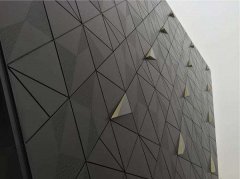
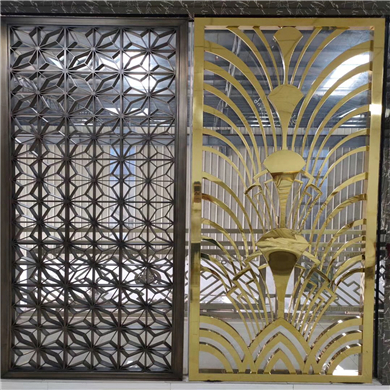
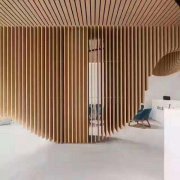
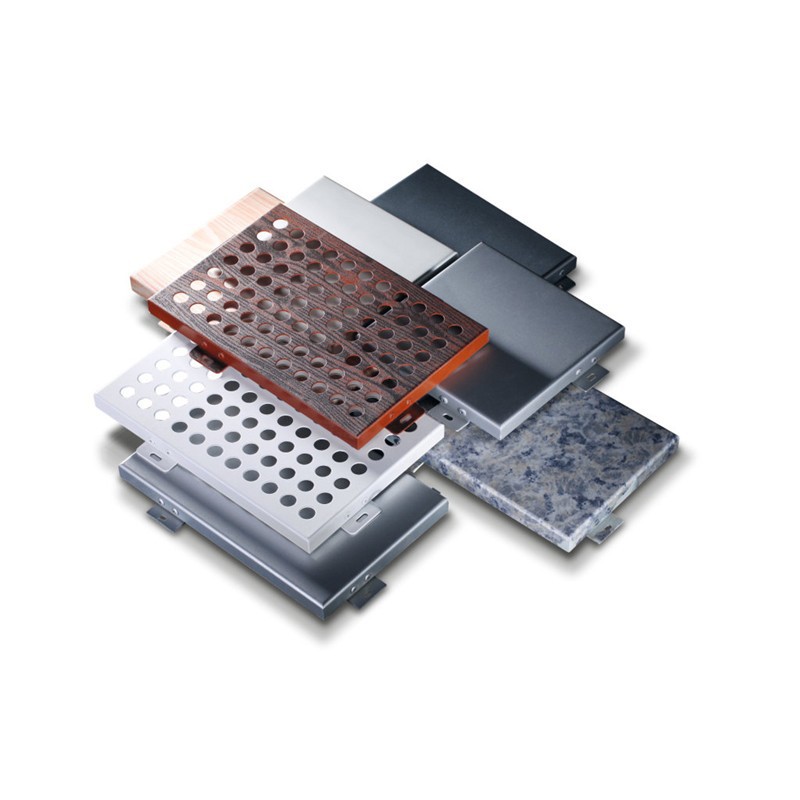
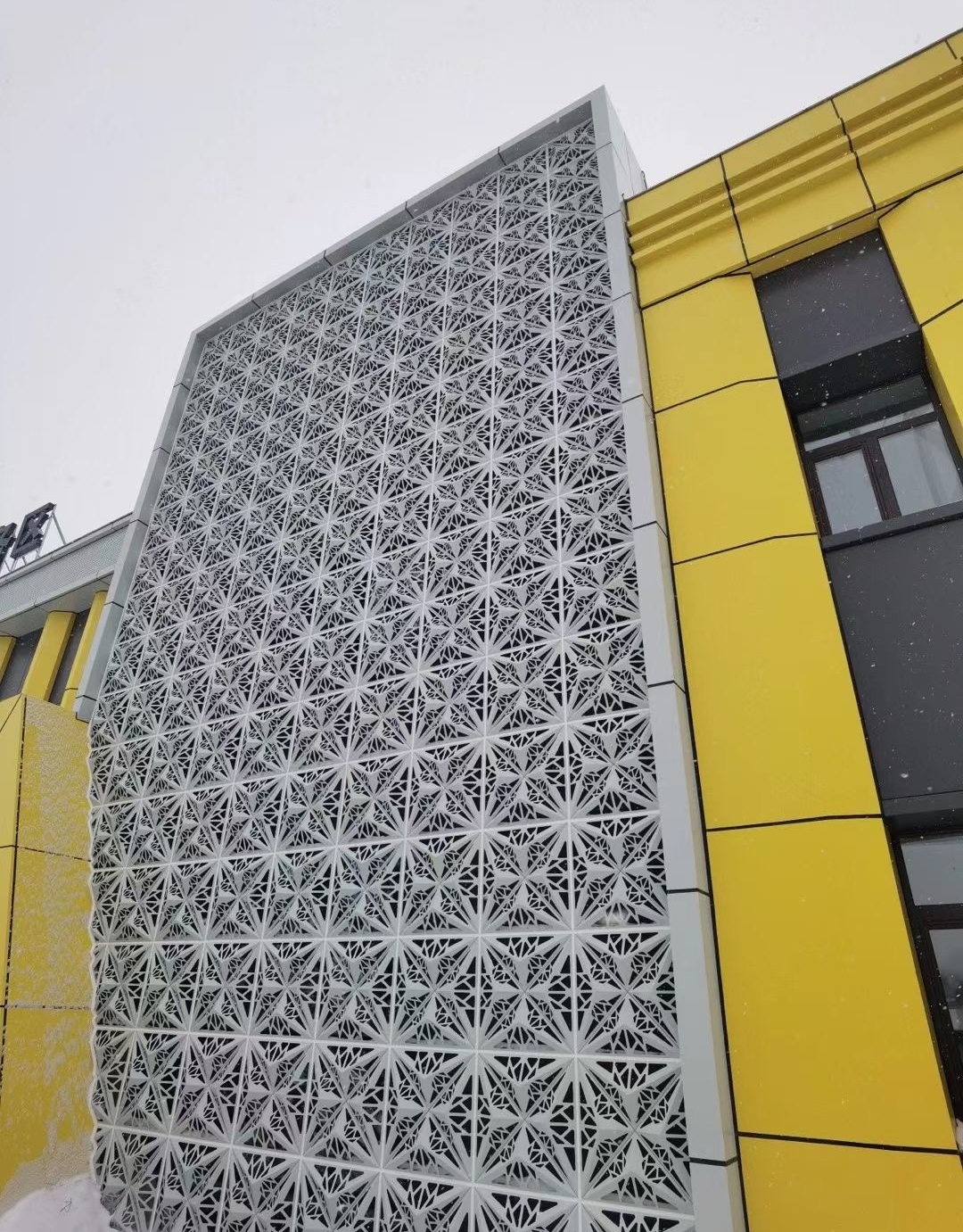
 Customer service QQ
Customer service QQ